[Anchor]
When cancer occurs in the biliary tract, surgery is difficult, and the 5-year survival rate is only 15%, making it fatal.
However, recent findings show that immunotherapy can more than double the survival rate.
This is a report by medical correspondent Lee Chung-heon.
[Report]
This is a male patient in his 50s receiving treatment for cholangiocarcinoma.
A CT scan shows a tumor in the bile duct near the pancreas.
A year after surgery, the cancer recurred and spread to the lymph nodes below the left side of the neck.
However, after starting immunotherapy, the tumor size decreased, and he is now able to perform various exercises with little difficulty.
[Cholangiocarcinoma Patient]: "I can walk, hike, and do gym exercises without pushing myself too hard."]
Cholangiocarcinoma is often found to have metastasized to multiple organs, making surgery difficult in about 70% of cases.
Even with surgery, the recurrence rate is high, and the average survival period is only 8 months, making it a deadly cancer.
In particular, South Korea has the second highest incidence of cholangiocarcinoma in the world and the highest mortality rate.
The liver fluke, which is primarily contracted by eating raw freshwater fish, is identified as a major cause of cholangiocarcinoma.
A recent multinational clinical trial led by Korean medical professionals revealed that combining immunotherapy with traditional chemotherapy more than doubled survival rates.
[Bang Seung-min/Professor at Yonsei Cancer Hospital, Pancreatic and Bile Duct Cancer Center: "Using immune checkpoint inhibitors restores the ability of immune cells that have been diminished, so when combined with existing chemotherapy, the anti-cancer effect is enhanced."]
Immunotherapy is used for patients whose cholangiocarcinoma is inoperable or has recurred after surgery.
The problem is the high cost.
Patients have to bear an annual treatment cost of 90 million won, but it is expected that health insurance coverage may be possible as early as the second half of this year.
This is KBS News, Lee Chung-heon.
When cancer occurs in the biliary tract, surgery is difficult, and the 5-year survival rate is only 15%, making it fatal.
However, recent findings show that immunotherapy can more than double the survival rate.
This is a report by medical correspondent Lee Chung-heon.
[Report]
This is a male patient in his 50s receiving treatment for cholangiocarcinoma.
A CT scan shows a tumor in the bile duct near the pancreas.
A year after surgery, the cancer recurred and spread to the lymph nodes below the left side of the neck.
However, after starting immunotherapy, the tumor size decreased, and he is now able to perform various exercises with little difficulty.
[Cholangiocarcinoma Patient]: "I can walk, hike, and do gym exercises without pushing myself too hard."]
Cholangiocarcinoma is often found to have metastasized to multiple organs, making surgery difficult in about 70% of cases.
Even with surgery, the recurrence rate is high, and the average survival period is only 8 months, making it a deadly cancer.
In particular, South Korea has the second highest incidence of cholangiocarcinoma in the world and the highest mortality rate.
The liver fluke, which is primarily contracted by eating raw freshwater fish, is identified as a major cause of cholangiocarcinoma.
A recent multinational clinical trial led by Korean medical professionals revealed that combining immunotherapy with traditional chemotherapy more than doubled survival rates.
[Bang Seung-min/Professor at Yonsei Cancer Hospital, Pancreatic and Bile Duct Cancer Center: "Using immune checkpoint inhibitors restores the ability of immune cells that have been diminished, so when combined with existing chemotherapy, the anti-cancer effect is enhanced."]
Immunotherapy is used for patients whose cholangiocarcinoma is inoperable or has recurred after surgery.
The problem is the high cost.
Patients have to bear an annual treatment cost of 90 million won, but it is expected that health insurance coverage may be possible as early as the second half of this year.
This is KBS News, Lee Chung-heon.
■ 제보하기
▷ 카카오톡 : 'KBS제보' 검색, 채널 추가
▷ 전화 : 02-781-1234, 4444
▷ 이메일 : kbs1234@kbs.co.kr
▷ 유튜브, 네이버, 카카오에서도 KBS뉴스를 구독해주세요!
- Immunotherapy for bile duct cancer
-
- 입력 2025-01-18 00:20:26
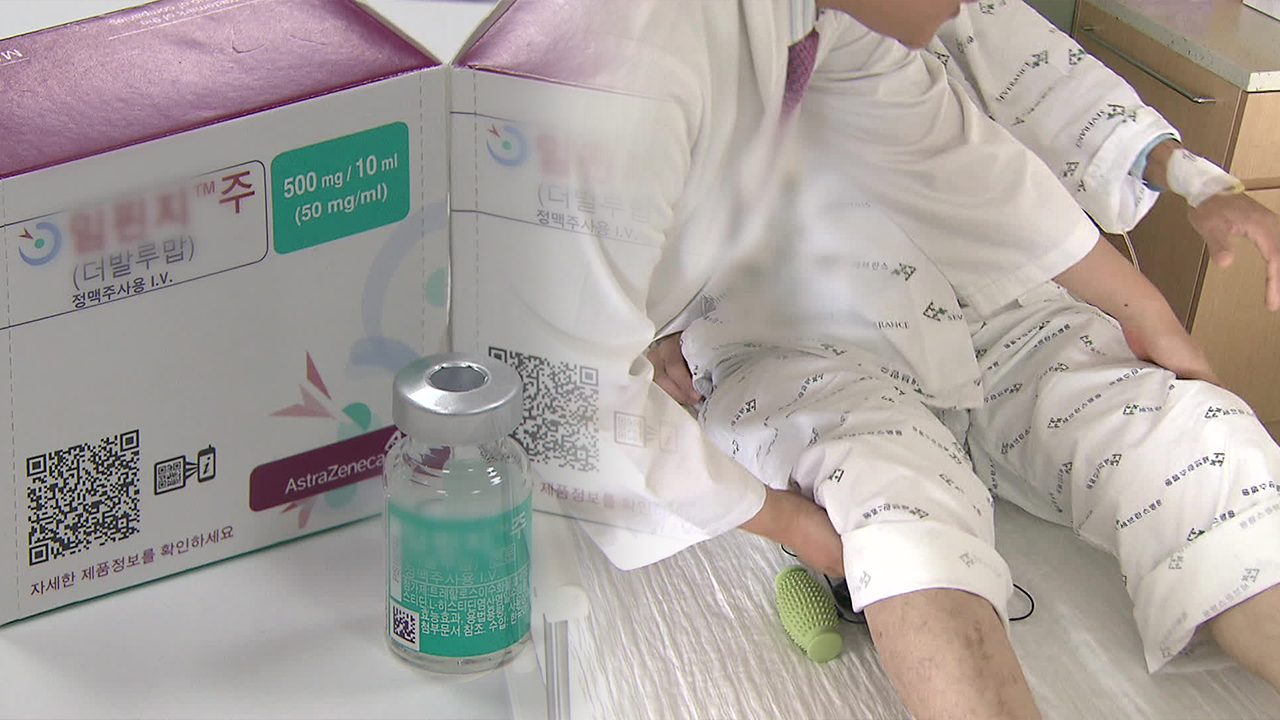
[Anchor]
When cancer occurs in the biliary tract, surgery is difficult, and the 5-year survival rate is only 15%, making it fatal.
However, recent findings show that immunotherapy can more than double the survival rate.
This is a report by medical correspondent Lee Chung-heon.
[Report]
This is a male patient in his 50s receiving treatment for cholangiocarcinoma.
A CT scan shows a tumor in the bile duct near the pancreas.
A year after surgery, the cancer recurred and spread to the lymph nodes below the left side of the neck.
However, after starting immunotherapy, the tumor size decreased, and he is now able to perform various exercises with little difficulty.
[Cholangiocarcinoma Patient]: "I can walk, hike, and do gym exercises without pushing myself too hard."]
Cholangiocarcinoma is often found to have metastasized to multiple organs, making surgery difficult in about 70% of cases.
Even with surgery, the recurrence rate is high, and the average survival period is only 8 months, making it a deadly cancer.
In particular, South Korea has the second highest incidence of cholangiocarcinoma in the world and the highest mortality rate.
The liver fluke, which is primarily contracted by eating raw freshwater fish, is identified as a major cause of cholangiocarcinoma.
A recent multinational clinical trial led by Korean medical professionals revealed that combining immunotherapy with traditional chemotherapy more than doubled survival rates.
[Bang Seung-min/Professor at Yonsei Cancer Hospital, Pancreatic and Bile Duct Cancer Center: "Using immune checkpoint inhibitors restores the ability of immune cells that have been diminished, so when combined with existing chemotherapy, the anti-cancer effect is enhanced."]
Immunotherapy is used for patients whose cholangiocarcinoma is inoperable or has recurred after surgery.
The problem is the high cost.
Patients have to bear an annual treatment cost of 90 million won, but it is expected that health insurance coverage may be possible as early as the second half of this year.
This is KBS News, Lee Chung-heon.
When cancer occurs in the biliary tract, surgery is difficult, and the 5-year survival rate is only 15%, making it fatal.
However, recent findings show that immunotherapy can more than double the survival rate.
This is a report by medical correspondent Lee Chung-heon.
[Report]
This is a male patient in his 50s receiving treatment for cholangiocarcinoma.
A CT scan shows a tumor in the bile duct near the pancreas.
A year after surgery, the cancer recurred and spread to the lymph nodes below the left side of the neck.
However, after starting immunotherapy, the tumor size decreased, and he is now able to perform various exercises with little difficulty.
[Cholangiocarcinoma Patient]: "I can walk, hike, and do gym exercises without pushing myself too hard."]
Cholangiocarcinoma is often found to have metastasized to multiple organs, making surgery difficult in about 70% of cases.
Even with surgery, the recurrence rate is high, and the average survival period is only 8 months, making it a deadly cancer.
In particular, South Korea has the second highest incidence of cholangiocarcinoma in the world and the highest mortality rate.
The liver fluke, which is primarily contracted by eating raw freshwater fish, is identified as a major cause of cholangiocarcinoma.
A recent multinational clinical trial led by Korean medical professionals revealed that combining immunotherapy with traditional chemotherapy more than doubled survival rates.
[Bang Seung-min/Professor at Yonsei Cancer Hospital, Pancreatic and Bile Duct Cancer Center: "Using immune checkpoint inhibitors restores the ability of immune cells that have been diminished, so when combined with existing chemotherapy, the anti-cancer effect is enhanced."]
Immunotherapy is used for patients whose cholangiocarcinoma is inoperable or has recurred after surgery.
The problem is the high cost.
Patients have to bear an annual treatment cost of 90 million won, but it is expected that health insurance coverage may be possible as early as the second half of this year.
This is KBS News, Lee Chung-heon.
-
-

이충헌 기자 chleemd@kbs.co.kr
이충헌 기자의 기사 모음
-
이 기사가 좋으셨다면
-
좋아요
0
-
응원해요
0
-
후속 원해요
0










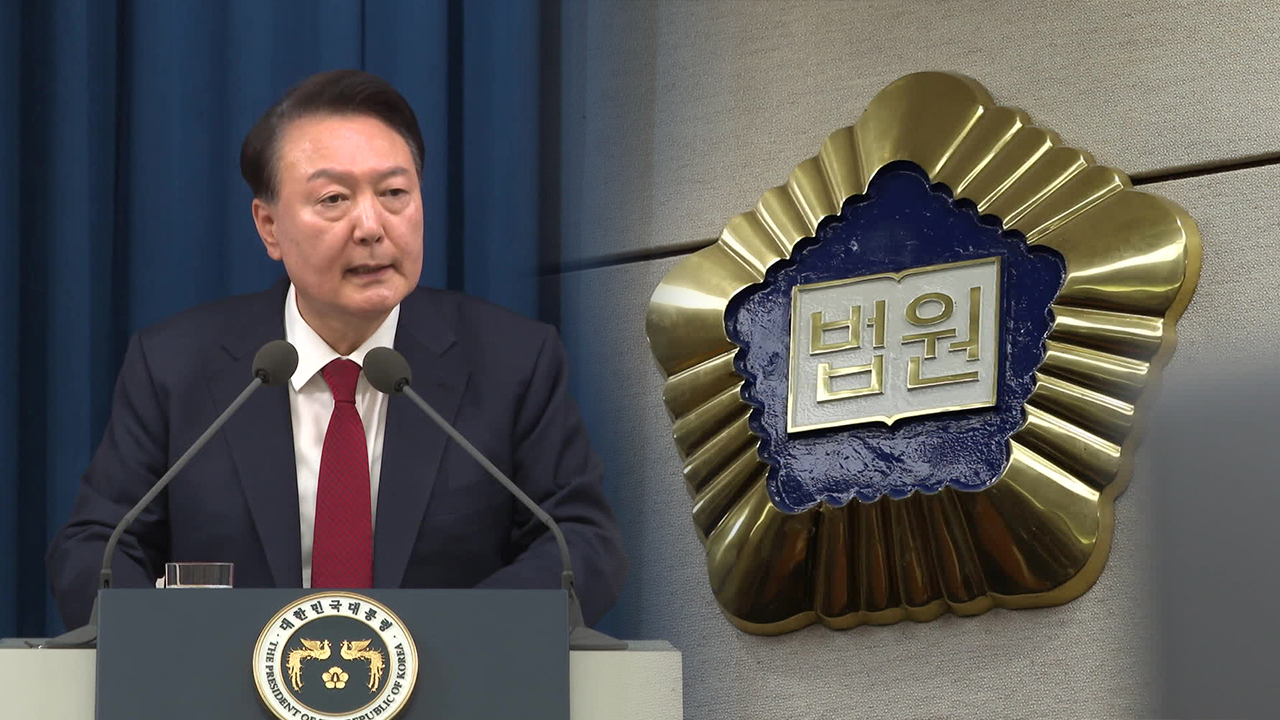
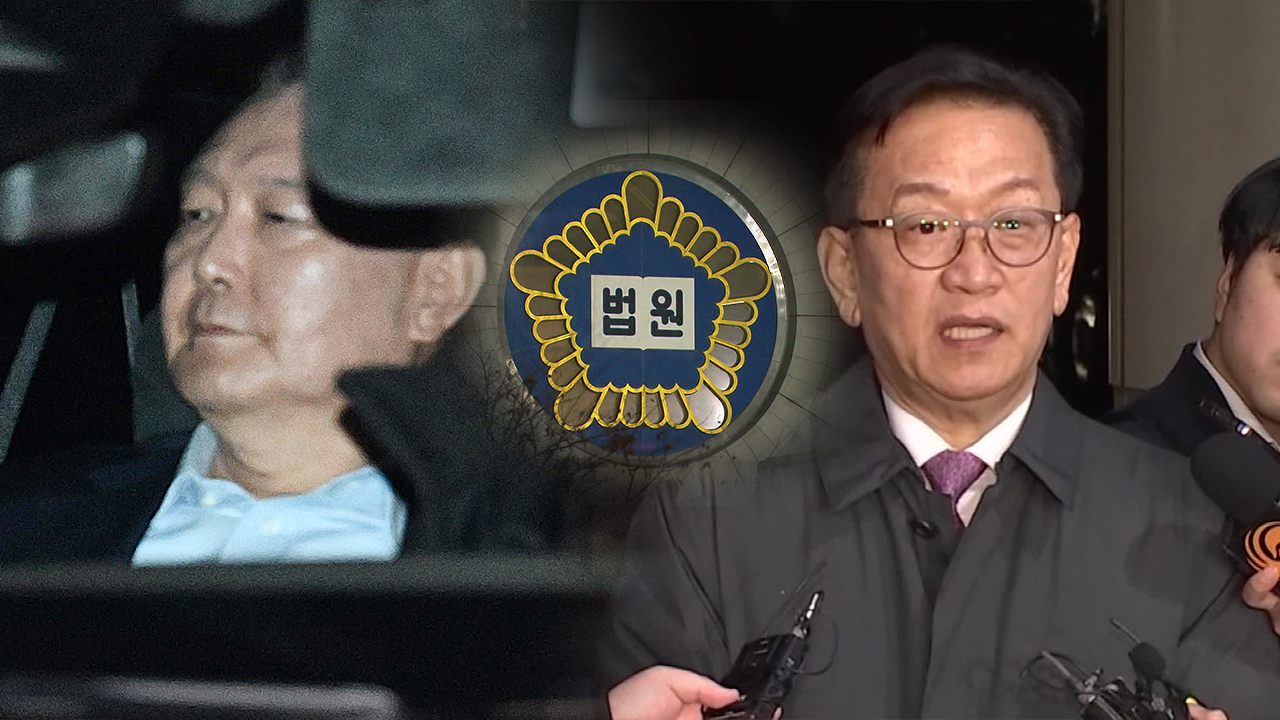
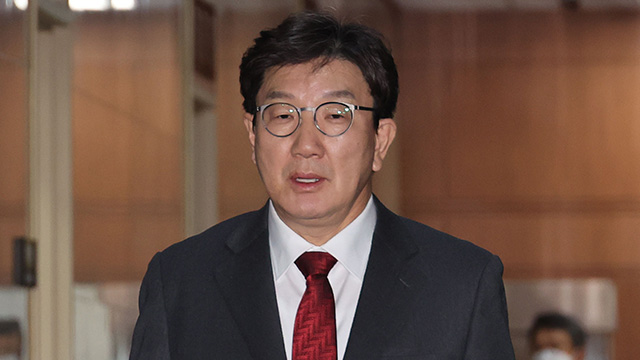
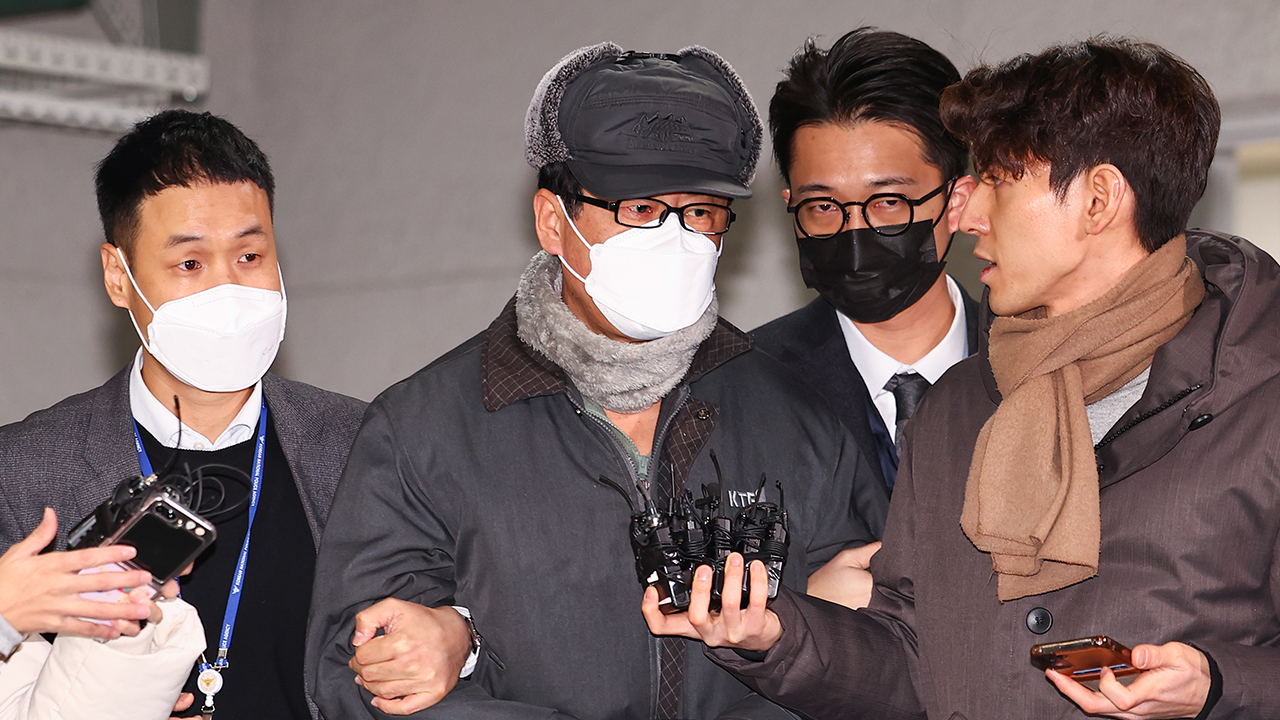

이 기사에 대한 의견을 남겨주세요.